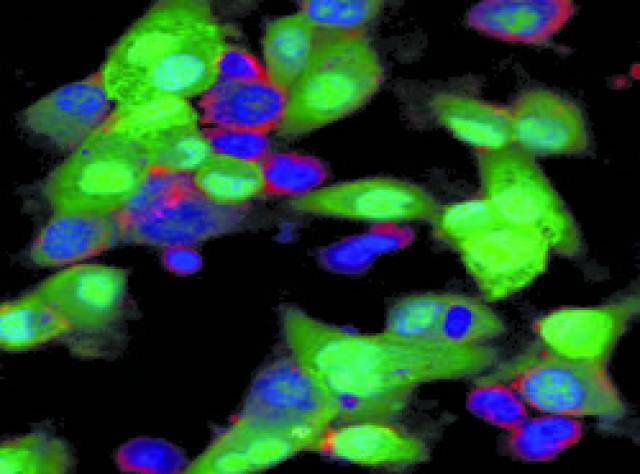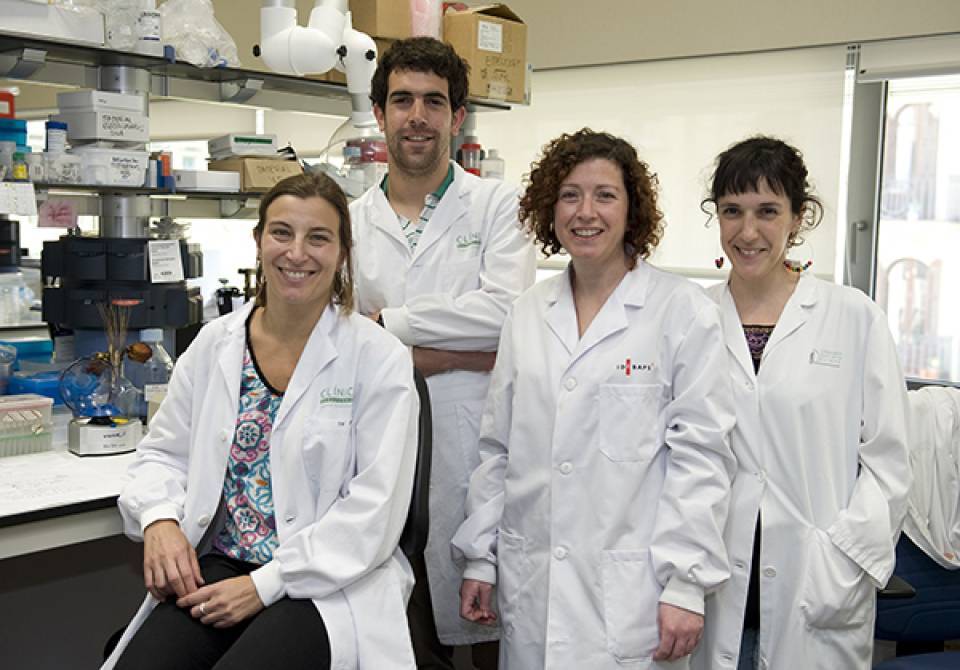Mantle cell lymphomas (MCL) are considered one of the most aggressive non-Hodgkin's lymphoid malignancies and account for 6-7% of all cases. MCLs are characterized by widespread dissemination through all the body, infiltrating lymph nodes, bone marrow or peripheral blood. MCL evolution is aggressive and relapses are frequent. However, there is a small subset of patients with indolent clinical behavior and high survival without the need of treatment.
Previous studies performed by the same IDIBAPS group have already shown that the SOX11 transcription factor is overexpressed in most MCLs and that this expression is associated with a more aggressive behavior of the disease and with a worse prognosis. They also proved that these lymphoma cells expressing SOX11 had a greater capacity of invasion towards other tissues, which contributed to the progression of the disease. But the underlying mechanism remains unknown.

In this newly published study, researchers have explored the possibility that SOX11 could be responsible for the protective interactions between tumor cells and other cells in their microenvironment. Researchers have shown that SOX11 activates other genes responsible for cell migration, invasion and tumor progression to the lymph nodes or bone marrow. They have also found that MCL cells establish protective interactions with other cell types in these tissues, particularly with stromal cells, which make lymphoma cells to have a greater survival and resistance to treatments. "This allows the residual disease to be hidden and favors patient relapses", explains Virginia Amador.
"In this study we have deciphered one of the mechanisms by which MCL cells have the capacity to invade other tissues and establish protective interactions to resist current treatments. Inhibiting these pathways would facilitate tumor cells to leave their protective microenvironment making them more accessible to conventional drugs", Amador concludes.
Article reference:
Balsas P, Palomero J, Eguileor Á, Rodríguez ML, Vegliante MC, Planas-Rigol E, Sureda-Gómez M, Cid MC, Campo E, Amador V.
Blood. 2017 Jul 27;130(4):501-513. doi: 10.1182/blood-2017-04-776740.

